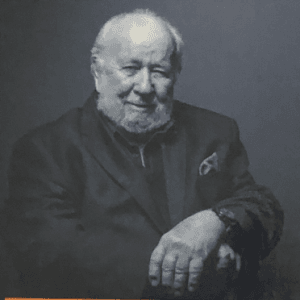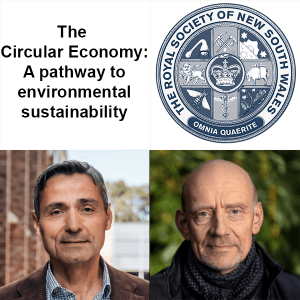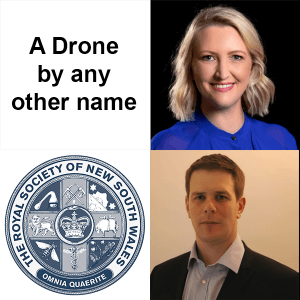
 “PFAS in New South Wales: Is it under control?”
“PFAS in New South Wales: Is it under control?”
Associate Professor Ian Wright
Discipline of Environmental Science
School of Science
Western Sydney University
Date and Time: Wednesday, 6 August 2025, 6.00–7.30 pm AEST
Venue: Michael Crouch Room, Mitchell Building, State Library of NSW, Shakespeare Place, Sydney
Video presentation: YouTube video
All are welcome
Agenda: The agenda for this meeting is now available from the website’s Meetings Page.
Summary: In 2024, NSW became aware that some of its residents were drinking water containing harmful chemicals — per- and polyfluoroalkyl substances (PFAS). This was triggered by news that the United States health authorities announced new laws reducing the safe levels of PFAS in drinking water supplies. A Sydney Morning Herald newspaper article in June 2024, There’s no safe level: Carcinogens found in tap water across Australia, reported that PFAS ‘forever chemicals’ had been detected in drinking water supplies around Australia. The NSW Chief Health Officer declared on 11 June that Sydney’s drinking water was safe.
It came as a major shock when it was announced in August 2024 that the Blue Mountains water supply contained elevated levels of PFAS. In September 2024, Ian Wright assisted Fairfax journalists in tracking down the source of this contamination. Sampling water from a flowing creek in a ‘protected’ Blue Mountains drinking water catchment, they discovered PFAS at a concentration that exceeded the Australian Drinking Water Guidelines by more than 50 times. It later emerged that the contamination was probably from fire-fighting foam used to control the fire from a burning petrol tanker, which crashed in 1992 on the Great Western Highway near Medlow Bath.
PFAS is not just an issue for Blue Mountains drinking water. An additional concern is the impact of elevated PFAS on water supplies in rural and regional communities. Even grazing livestock are known to be susceptible to PFAS contamination of their meat if their drinking water exceeds trace concentrations. PhD student research supervised by Ian Wright has revealed that platypuses have substantial PFAS bioaccumulation.
Should people be concerned about their exposure to PFAS? What action should they take? Should they have their blood tested? Can we trust that contamination by PFAS is under control? Ian Wright’s presentation will canvass these questions surrounding an issue that is of importance to us all.
Ian Wright is a water scientist and an Associate Professor at the Western Sydney University School of Science. He teaches classes in water science and management, environmental planning, and environmental regulation across several degree programs. Before joining WSU, he worked as a scientist in the urban water industry, mainly at Sydney Water. His water science interests include freshwater ecology, water chemistry, and water pollution (science and management). His research interests include urban water issues, contamination from concrete materials, and the impact of mining on streams and rivers. He has provided independent expert testimony for environmental science matters for the NSW Land and Environment Court and also for mining development proposals being considered through the planning system.
| Royal Society of New South Wales | |
| Date: | Wednesday, 06 August 2025, 06:00 PM |
| Venue: | Michael Crouch Room, Mitchell Building, State Library of NSW, Shakespeare Place, Sydney |
| Entry: | Members, $20; Non-members, $30; Students, $0 |
In Person Event
All are Welcome













